Content warning: Family struggles/alienation, foster care, bullying, work struggles, religion, law enforcement, military, politics, supreme court, conversion therapy, riots, militant groups, physical assault, hate crimes, suicide, death sentence, and murder.
Many LGBTQ people may have Complex PTSD symptoms and don’t even know it.
Amazingly, at 53, the lifelong, nearly daily suicidal thoughts have mostly stopped. Thinking about ending my life started at age 10 or 11. At 20, away from my family, I started getting some therapy; beginning to accept being gay. Over the next 25 years, I continued to see therapists on and off; always being treated for depression. Therapy helped a lot, but life has always been an overwhelming struggle. Thoughts of “ending things” were just a regular part of life.
Finally, at age 45, I was diagnosed with Post Traumatic Stress Disorder (PTSD), as a civilian. Yes, civilians can have PTSD. The primary traumas happened in my family of origin. There was medium-level neglect and abuse, mostly emotional and psychological, with minimal contact physical abuse and no contact sexual abuse. There are many ways to physically or sexually abuse someone, without touching them; these are rarely talked about. The lack of contact physical and sexual abuse is part of why it took so long to accurately diagnose me with PTSD.
Much to my surprise, PTSD has many more symptoms than just nightmares and flashbacks; they were the only two I had heard of, and I experienced neither. My symptoms include: trouble sleeping, avoidance of reminders, difficulty feeling joy, emotional flashbacks, strong negative beliefs about myself, and startling easily. There are 20 primary symptoms on the current medical questionnaire for PTSD.
There is another form of PTSD called Complex PTSD. Complex PTSD is caused by long-term traumas, lasting weeks, months, years, or even decades. A major contributing factor is that the abused person feels that they cannot escape the situation. As a child, I could not escape my family of origin. Complex PTSD is my primary mental health diagnosis and main treatment focus.
With this accurate diagnosis, I started highly focused therapy. At 50, after four years of appropriate therapy, I stopped all contact with my “nuclear” family. As therapy continued, the suicidal thoughts started reducing in frequency. By 53, they mostly stopped, and this has continued to present, thankfully. My life is so very different, for the first time.
Possible Traumas
Mixed into the family neglect and abuse were years of struggling with being gay. There was some school bullying. I came out in 1989 and told my family and friends soon after. Regarding queer acceptance, there has been a lot of progress socially in the U.S. since 1989. But, doing research for this article reminded me that a lot of people still suffer many and varied traumatic events because they are queer. Recently, we are going backward.
Almost everything I reference are struggles within the last 10 years. Yes, social acceptance has gotten better since the 1900s—through the 1980s—but social acceptance, equality, and safety are still serious concerns.
Being queer in the U.S. has many possible traumas. Here are some:
Friends, Family, and Foster Care
There can be struggles, rejection, and alienation with family or friends. Queer people in foster care can face unaccepting foster parents, foster siblings, group home staff, and residents.
School, Religion, and Work
There can be school bullying, workplace harassment, and discrimination, even lower wages. Religions can discriminate, persecute, and excommunicate. Some religions promote and fund campaigns for anti-queer laws. Some queer law enforcement officers, firefighters, or enlisted military are harassed by co-workers
Government
Some government officials and elected representatives make stigmatizing statements and work to create anti-queer laws. US Supreme Court decisions affect queer rights.
Strangers and Businesses
There is social harassment, conversion therapy, rent and housing loan discrimination, and higher interest rates. Law enforcement officers can be hostile toward queers. Conservative militant groups actively state threats and conspire to riot against the queer community. There are hate crimes: verbal harassment, sexual harassment, physical harassment, and murder.
There are still about 10 countries where being gay can be legally punished by death.
In the U.S., in 2024, queer people live with knowing friends, family, strangers, co-workers, religious people, law enforcement officers, firefighters, politicians, hate groups, and more could be hostile, rejecting—even homicidal.
Just one or any combination of these traumas can cause fear and internal struggles causing more internal turmoil and trauma.
These ongoing and inescapable traumatic events, even just the possibilities, could cause Complex PTSD.
Traumatic Events from my Brother & Mother
Around 1990, my brother told me that if I ever brought a lover home (he had seen what to do in a movie), he would take him out behind a farm building and kill him. After that, I barely spoke to my brother for two years.
During that same visit, my brother’s friend, the best man in my brother’s first wedding, said when he was in the military, he used to seduce gay men up to a hotel room. Then with military buddies, they would strip the gay man, wrap him in duct tape, fill the man’s car with ice, and then place the duct-tape-bound man in his car on the ice. My brother and his friend laughed. I was horrified.
After 25 years of acting accepting, my mother removed me from her legal will 10 days before she died. I think this was connected to her own implicit bias against me and the internal, religious, and social struggles she had because I am gay.
Some of my Queer Traumatic Events
In 1992, in Madison, I saw four men throw a concrete planter onto the hood of a car in a gay bar parking lot. I didn’t even think to call law enforcement. That’s just what happens to us.
In 1994, in Milwaukee, a friend and I met at a chili joint. As we left the restaurant, a man followed us, and threw a glass beer bottle on the ground behind us, so the broken glass bounced up and hit our legs, while yelling, “Fucking fags!”
In 1995, in Madison, I walked out of a grocery store past a car parked by the door. As I walked in front of the car, they revved their engine and yelled, “Fucking faggot!” I was alone, in sweats, and just bought milk—an ordinary life activity. We never know when harassment will happen or how far it will go.
In 2010, in Lone Rock, I volunteered and created two small low-maintenance, ornamental, food gardens at the Lone Rock Library, with all of the food free to the community. The gardens were cited with a fire code violation and removed. I was teaching this kind of gardening. If these gardens were a fire hazard, I needed to know. The Lone Rock Fire Department would not respond to my certified letters requesting an explanation. Instead, they had their lawyer respond to me with side-stepping deflections. Confirmation eventually got back to me that this was done because I am gay.
Local Murder
On June 18, 1995, in Livingston, Norman Bennett was murdered, dismembered, and discarded. I know one of Norman’s relatives who told me of the murder. Family and society assumed Norman was gay. Criminal charges were minimal. Some of the details of the murder are in a public article, found with this search “casetext state v tanner Case 96-2787-CR.”
Mental Health/Illness Symptoms
The queer community is in a neglectful and abusive relationship with society. We cannot escape society. We probably know which friends and family members accept us or not. We never know what stranger may become abusive, where, or at what time. Heightened awareness is required when out in public.
The queer community has higher rates of depression, anxiety, alcoholism, drug use, and suicidal ideation, attempts, and completions.
Possible CPTSD: Unaware, Undiagnosed, and/or Misdiagnosed
There is justified cause for a lot of queer people to be living with low-level up to diagnosable Complex PTSD.
CPTSD is caused by ongoing trauma that one feels one cannot escape. From the traumas listed above, it is obvious that traumas to queer people can come from any and every aspect of life and continue happening throughout life.
Queer people don’t realize the traumas that are happening because this is simply part of life and we have numbed ourselves to dangers and just live with it. We have no other choice.
Treatment is Helping
For me, after 40 years of major depression, suicidal thoughts, and CPTSD, I am living a more comfortable life, thanks to a lot of self-help work and professional therapy. I still have struggles; thankfully life is getting easier.
I have less worry, rumination, depression, emotional dissociation, and suicidal thoughts are minimal. Thankfully, I have more self-confidence, joy, energy, and self-expression. After an emotional upset, I recover much sooner, often in hours, instead of days to weeks.
Resources
There are several videos about these subjects on my YouTube channel “Down to Earth Plus Fun.”
I facilitate a small group, free workshop “PTSD/CPTSD and the LGBTQ+ Community“ by video-conference. It is open to anyone, any group. There are openings to join this free, 90-minute workshop on June 12 at 7:00 p.m. or June 15 at 10:00 a.m. Please contact me at NobotoRoger@gmail.com to register or to schedule your group or organization for a workshop.
A search for “Veterans Affairs PTSD LGBT” finds this article, “Trauma, Discrimination and PTSD Among LGBTQ+ People” on the Veterans Affairs website. This article states that up to 48% of Queer people meet the criteria for PTSD, compared to 4.75% of the general population.
A web search for “PCL-5” will find the current PTSD questionnaire.
The primary symptoms of CPTSD are: Intimacy problems, guilt/shame, anger or feeling numb, relationship problems, emotion regulation problems, and feeling worthless. A screener for CPTSD is the “International Trauma Questionnaire” (ITQ), found at “The International Trauma Consortium” website. Choose “ITQ” from the top menu.
If you have struggles that are PTSD or CPTSD symptoms or both, there are credible books, web articles, web videos, and professional therapists that can help. Life can get better.
A list of the research I used for this article can be found at NobotoRoger.blogspot.com.




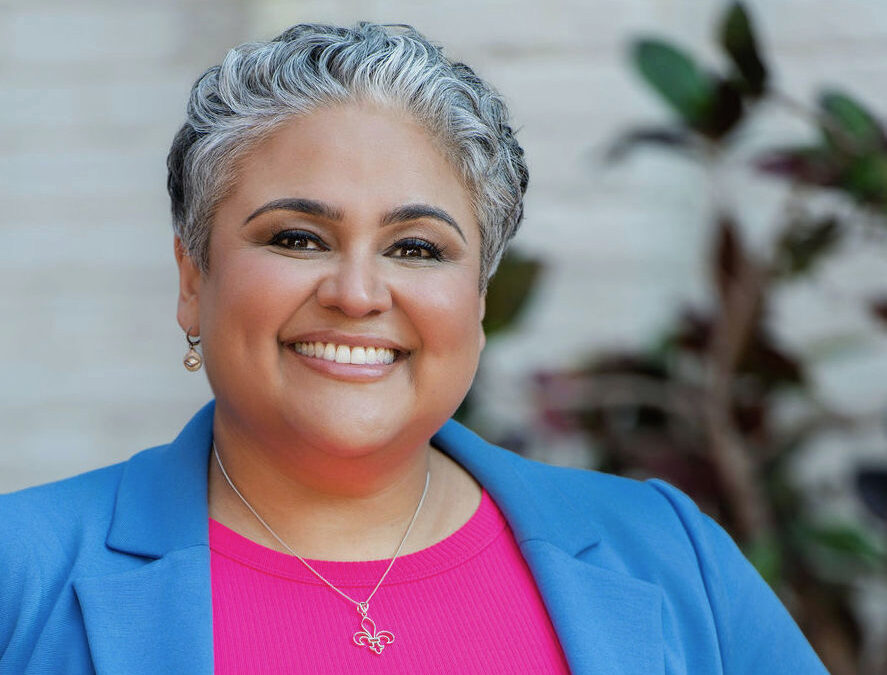
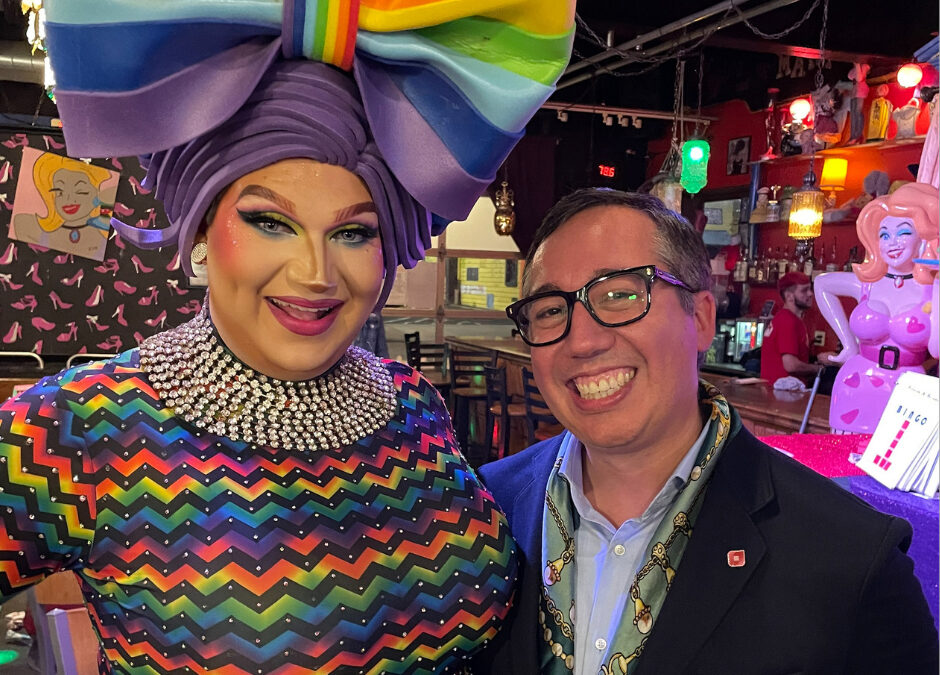

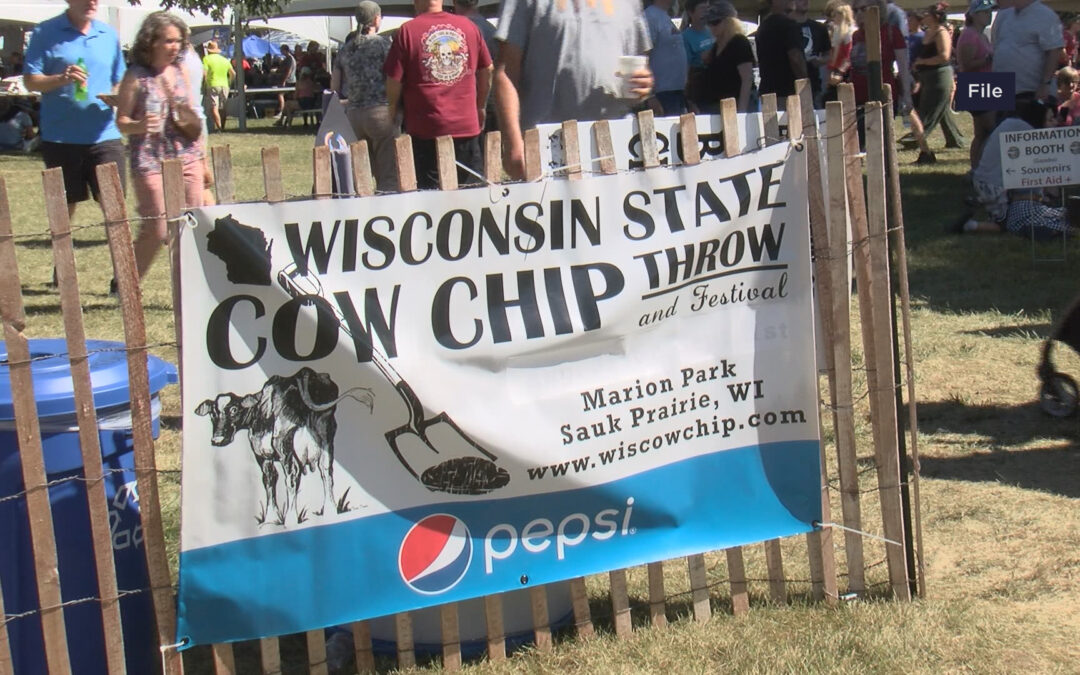
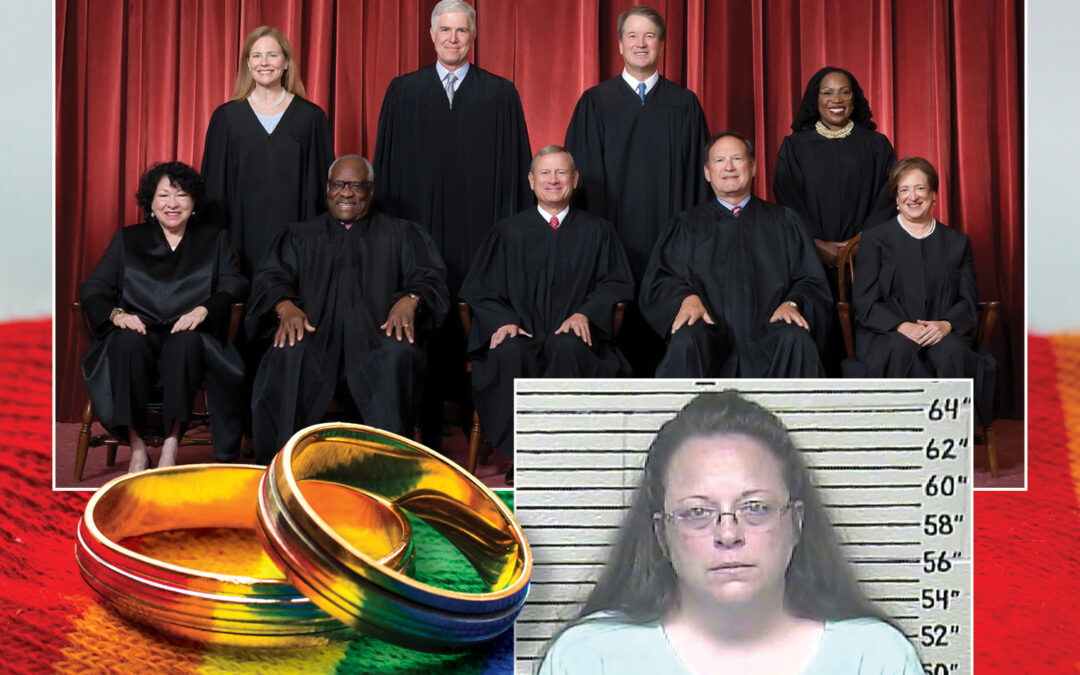
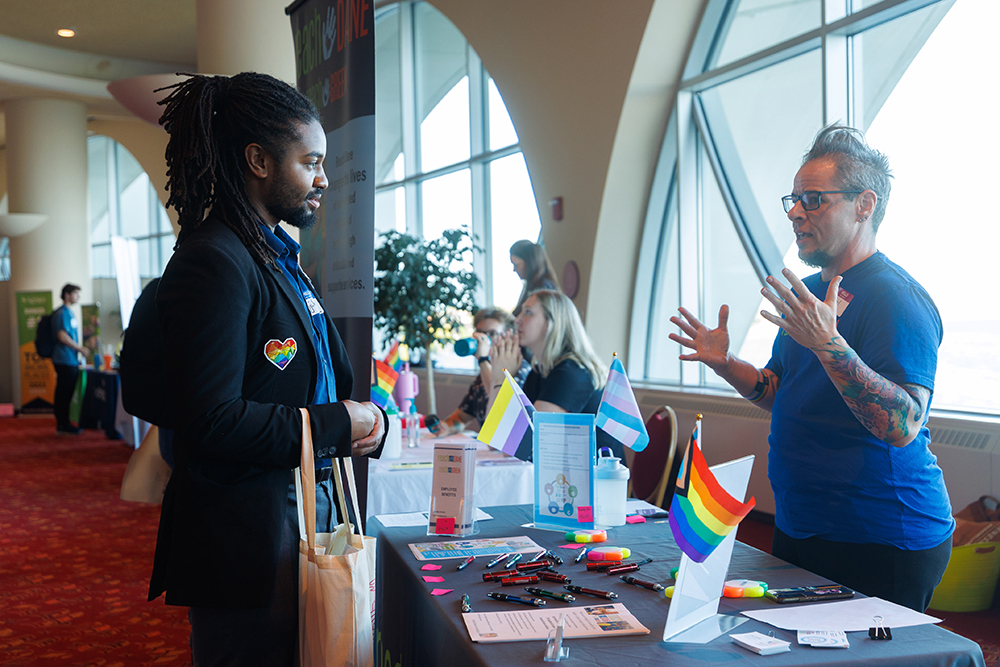

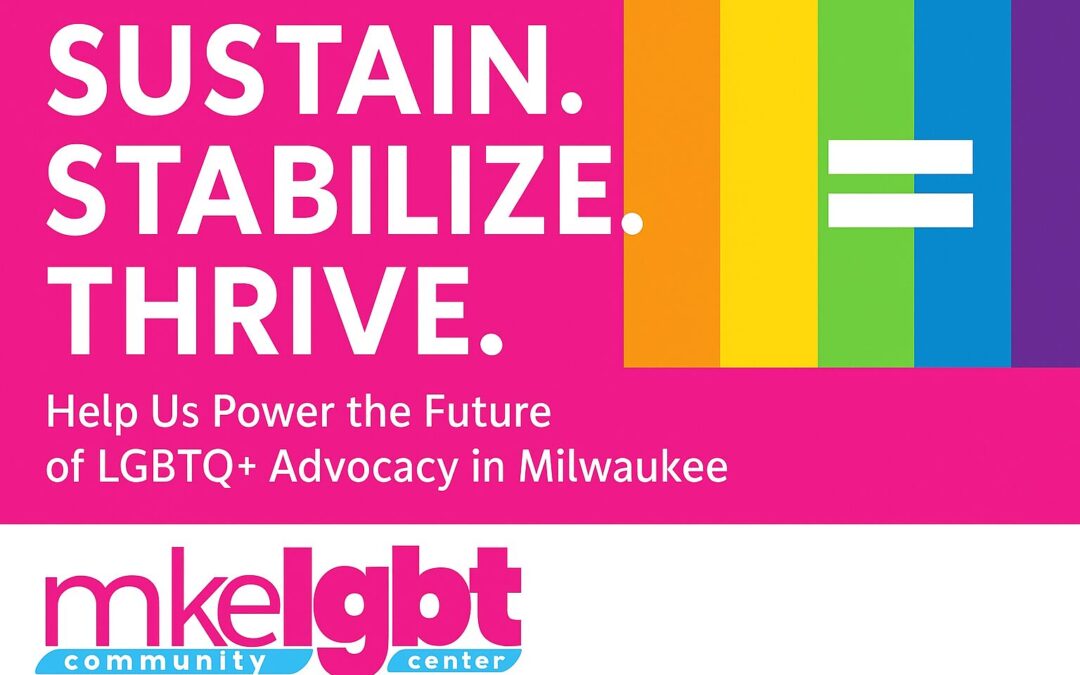
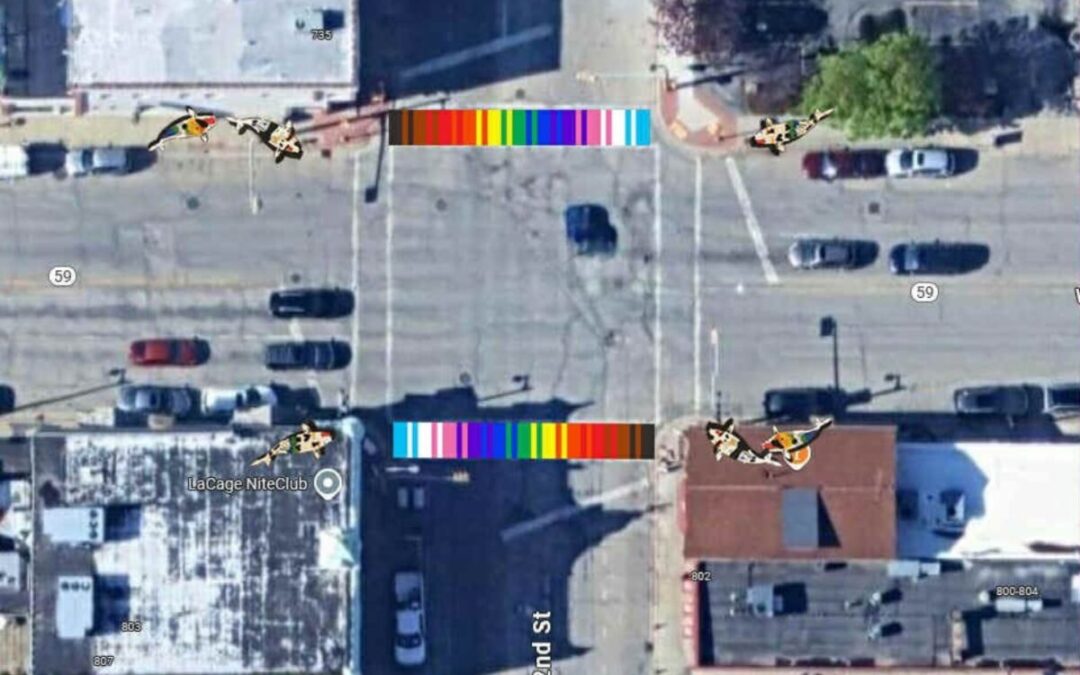

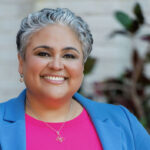
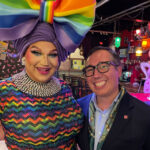


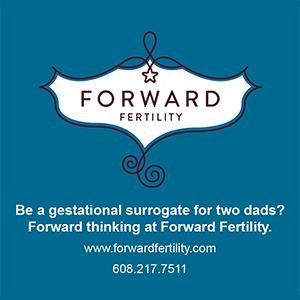

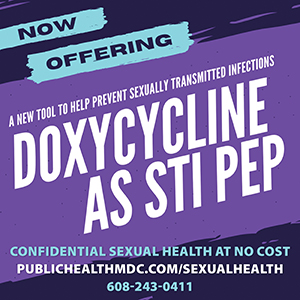




Roger, this info needs to be heard by EVERYONE! Thanks for putting these issues in terms we ALL can understand. Be proud of the phomenal progress you’ve made. Not only to yourself but the fact that you put your heart and soul into helping others understand and deal with these things. God Bless.
What a powerful work this is. And what an amazing, in depth portrayal of this segment of society. It takes courage to pour out one’s heart and soul like this. We can only hope that revelations like this lead to a better understanding by our society.